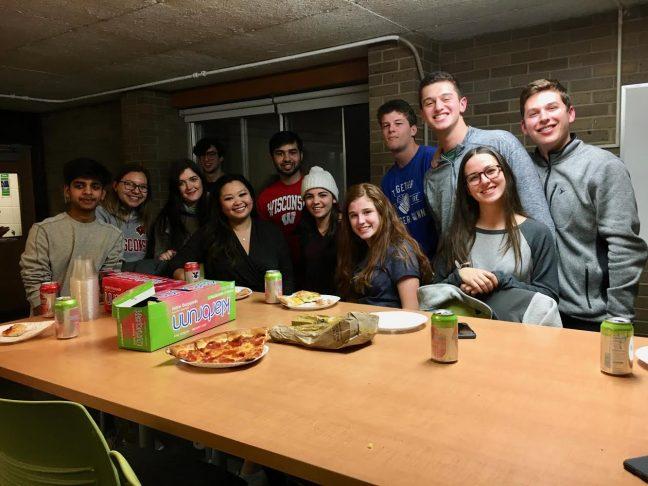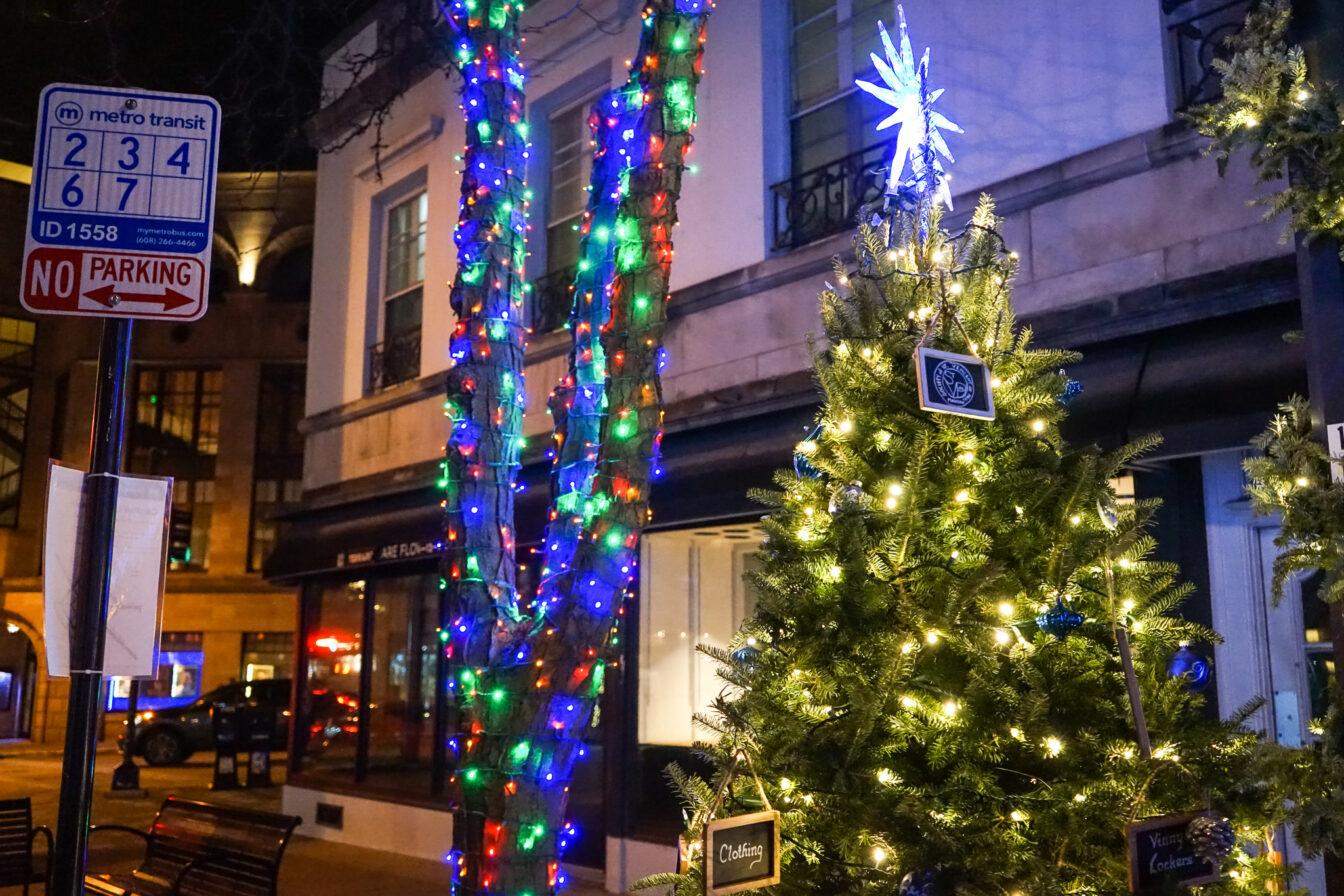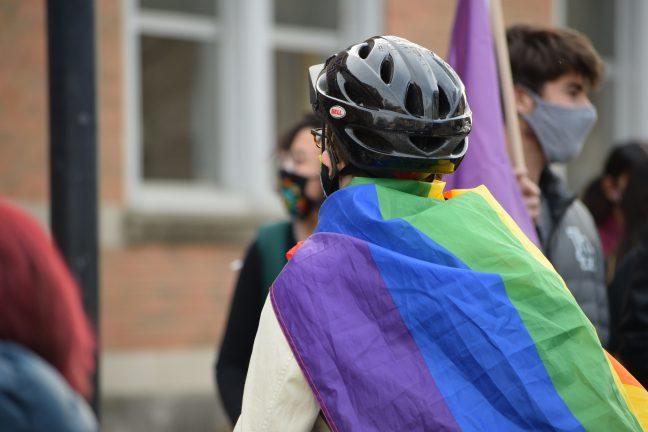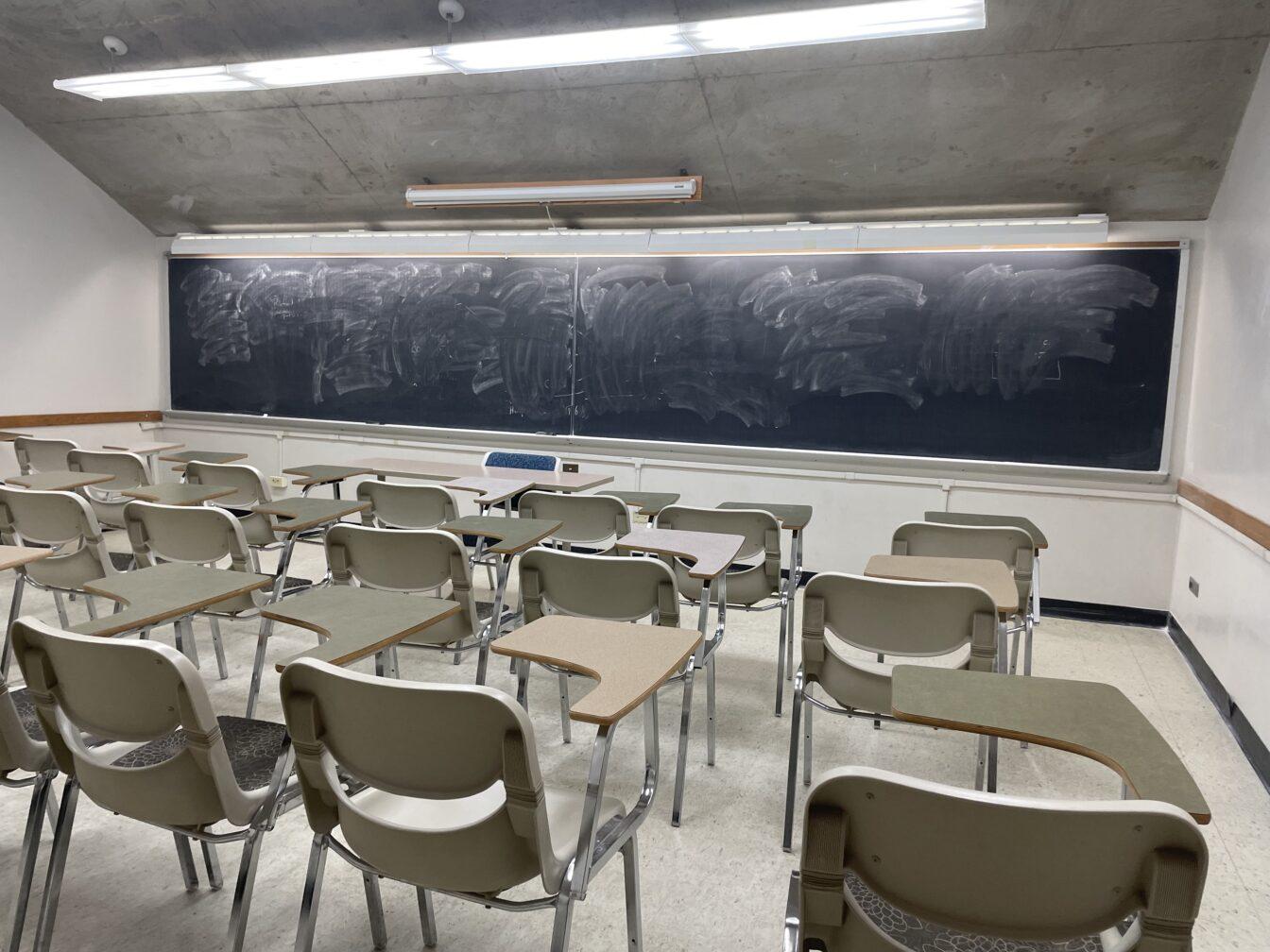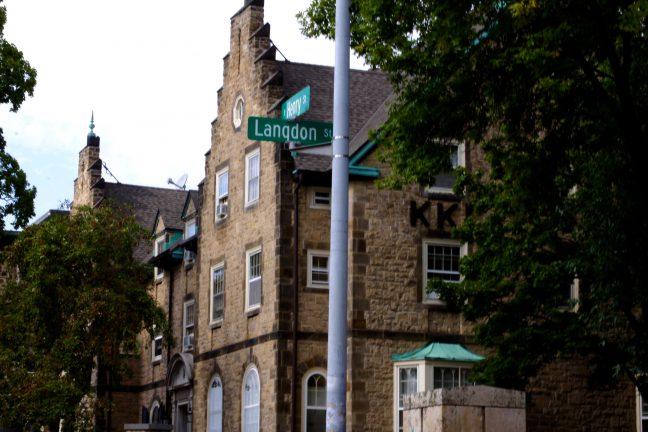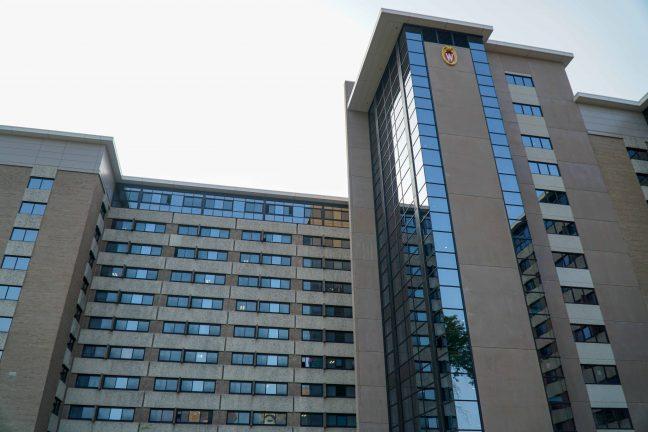The world of learning communities goes unnoticed by most people on campus. Nonetheless, they are an essential part of the freshman experience.
Learning communities have offered residents the ability to connect with people of similar interests.
The Open House, for example, is a space reserved for members and allies of the LGBTQ+ community. Bradley, on the other hand, helps freshmen make lasting connections and prepare for their college experience.
“All of the learning communities are a partnership between the residence halls and an academic school/college/division and this is part of what makes the program unique and successful,” Residence Life Associate Director Cindy Holzmann said. “It is an intentional knitting together of academic life and student life, encouraging students to view their college experience as connected and integrated.”
GreenHouse Learning Community shares harvest with campus dining hall
UW’s 11 learning communities are spread over campus in residence halls of Southeast and Lakeshore. They come in all sizes, depending on the opportunities and facilities they have to offer.
Most of the 11 learning communities are located on a floor of their specific residence hall.
The Open House is one of the communities that focuses on creating a safe and educational space for students. Their space is located at Phillips Residence Hall on the Lakeshore side, and offers ways to study gender and sexuality on a more immersive level.
While they don’t have many facilities outside of their floor, they help students form lasting connections and navigate college. They host exclusive events where residents can participate in movie nights, study sessions, karaoke and much more.
Like many, the Open House also has a required seminar class where students learn more about the learning community’s core interest. By living on the same floor and taking the same class or classes, students can strengthen their identity through group solidarity.
Joint Campus Area Committee discusses Sellery residence hall renovation project
Other learning communities, like the Greenhouse, have more facilities for students to apply their interests. This community focuses on sustainable living practices, which, according to their webpage, includes “gardening, cooking locally, conservation, repairing bicycles, restoring prairies and more.”
Atop its location at Leopold Residence Hall, there is an onsite rooftop greenhouse where residents can learn to grow and cook their own food.
The building is also LEED-gold certified, meaning it is recognized as a best in class, green-friendly structure. Along with the greenhouse, Leopold also uses wind and solar energy to power the building.
Some other learning communities that are known for their facilities include StartUp and The Studio in Southeast. StartUp is for students who are interested in entrepreneurship, while The Studio leads those interested in the creative arts.
The Studio has two major spaces — a recording studio and the Black Box for their showcase performances. Both communities share a space called the Hive, a room filled with crafts ranging from crayons to sewing machines.
Unfortunately, due to COVID and construction, these spaces are not available this semester.
Both communities have had lean on their other biggest draw — visits and talks from experts.
The Studio hosts artists to teach students about both their art and the art world.
The StartUp attracts people who work in the business realm who offer a fresh perspective on building a product, or even an entire company.
“StartUp is usually quite geared around in-person activities,” Program Coordinator of StartUp and Bradley, Sari Judge, remarked. “We’d have guest speakers like Michelle Ching, an alumna and founder of the educational tech company Literator or alumnus Scott Resnick, founder of Hardin Design and Development.”
Studio Learning Community Hosts Showcases to Support Its Students
These are only a few of the many learning communities UW students can participate in. Though with COVID, a lot of their opportunities have been altered to promote safe learning.
The public facilities of Southeast have been disbanded in favor of construction during this time of distancing. While the learning community residents can’t use rooms and tools, there may be some advantages to virtual programming.
“We can potentially bring in more — and more recognized — speakers via Zoom sessions than we might be able to do normally where travel complicates efforts and increases costs,” Director of StartUp John Surdyk said. “These events can help our students develop their professional networks more meaningfully and more quickly than in a ‘usual’ year.”
With classes on and offline, the hybrid structure of the semester will also allow more time for exercises and demonstrations among the communities. Any activities that can be accomplished at a safe distance will resume, and many are still set for the next year.
One example is StartUp’s Dream Big Grant program which awards its students money to develop “new venture ideas,” the application and award are now all online.
Multicultural Learning Community house fellow placed on leave after racial comments
Like many parts of the UW college experience, learning communities have had to adjust many of their programs.
Holzmann said UW faculty working with learning communities have impressive connections around the world, and COVID is making it easier to share them with students.
“They have been working all summer to come up with creative, engaging and safe ways to connect with students and make their semester special,” Holzmann said.








